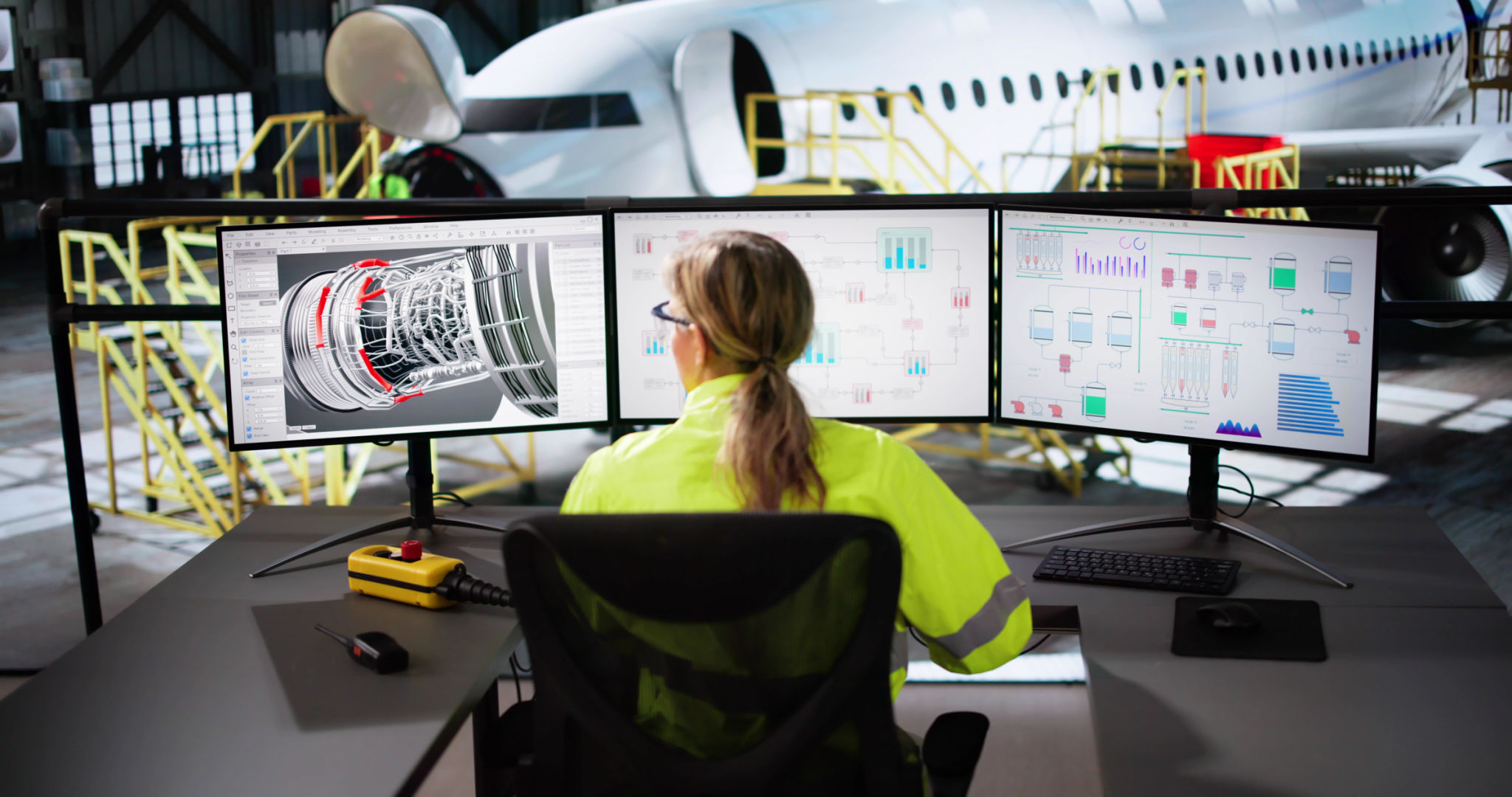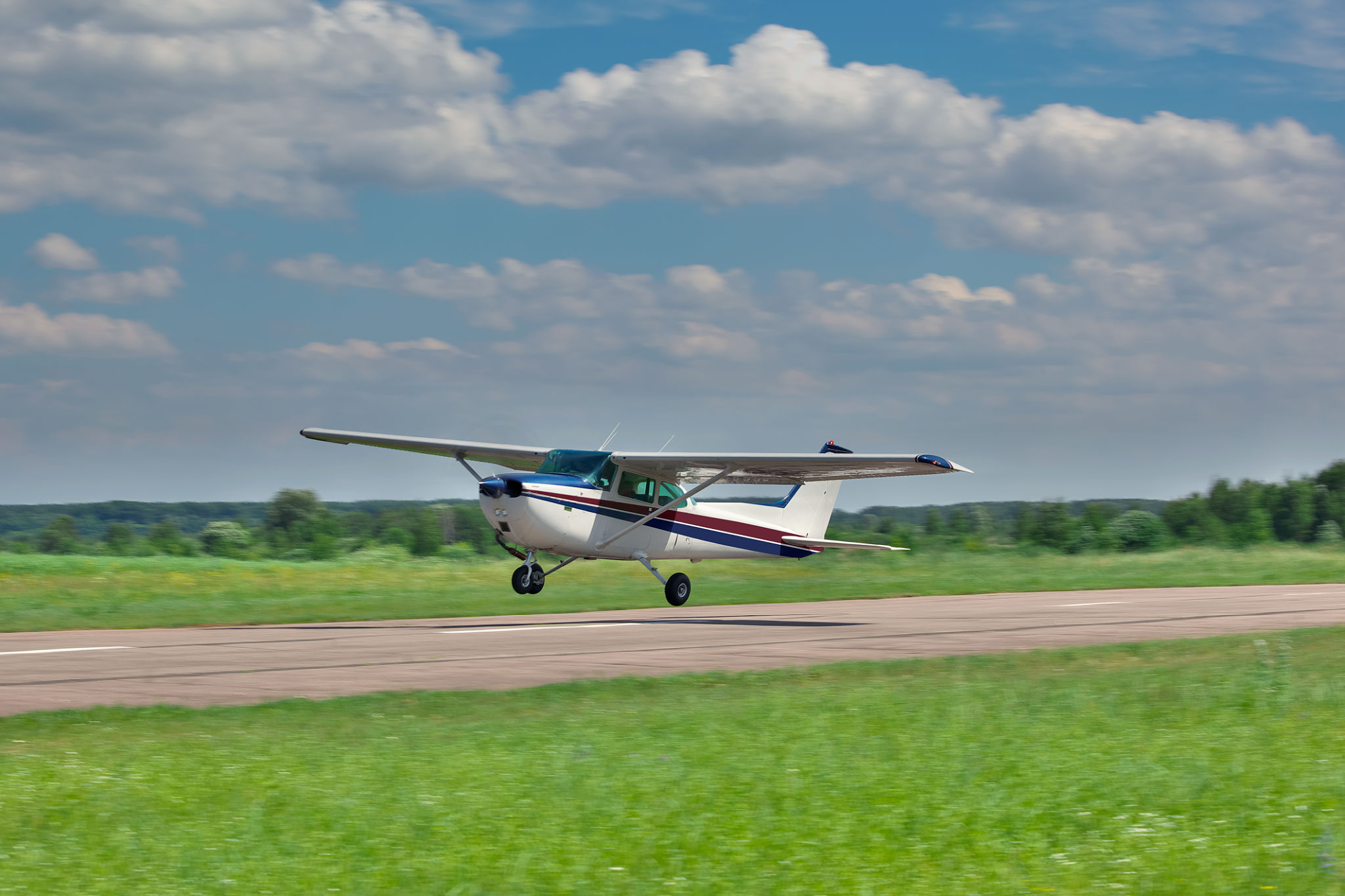Myth-Busting: Common Misconceptions About Careers in Aviation
Introduction
The aviation industry often conjures images of glamorous jet-setting and high-flying careers. However, there are numerous misconceptions about what it truly means to work in aviation. These myths can deter potential candidates from pursuing rewarding opportunities in this dynamic field. Let's debunk some common misconceptions and shed light on the reality of aviation careers.
Myth 1: Aviation Careers Are Limited to Pilots
One of the biggest misconceptions is that careers in aviation are limited to piloting aircraft. While pilots play a crucial role, the industry offers a wide range of career paths. From air traffic controllers and aircraft engineers to flight attendants and aviation management professionals, the opportunities are vast and varied.

Aircraft maintenance technicians and engineers ensure the safety and efficiency of flights. Additionally, roles in airport operations, logistics, and customer service are vital for the seamless functioning of the aviation sector. The industry also requires expertise in marketing, finance, and IT to support its intricate operations.
Myth 2: Aviation Jobs Are Only for Men
The perception that aviation is a male-dominated field is outdated. Women have been making significant strides in various aviation roles, from piloting to engineering. Organizations worldwide are actively promoting gender diversity and encouraging women to pursue careers in this exciting industry.

Initiatives like scholarships and mentorship programs are designed to support women entering the field. Female role models, such as pioneering pilots and engineers, inspire the next generation to break stereotypes and explore the vast opportunities available in aviation.
Myth 3: You Need a Degree to Work in Aviation
While certain roles in aviation require specific qualifications, such as a degree in aeronautical engineering, many positions are accessible without a traditional college degree. For instance, becoming an air traffic controller or an aircraft maintenance technician often involves specialized training programs and certifications rather than a four-year degree.
- Flight schools offer training for aspiring pilots.
- Technical institutes provide courses for maintenance roles.
- Airlines offer customer service training programs.

The key is to identify your area of interest within aviation and pursue the necessary training or certifications. This approach opens doors to a fulfilling career without the need for a lengthy academic commitment.
Conclusion
The aviation industry is a vibrant field offering diverse career opportunities beyond flying planes. By debunking these myths, we hope to encourage more individuals to explore the myriad possibilities this industry has to offer. Whether you’re interested in technical roles or customer-facing positions, aviation holds a world of potential for those willing to take flight.
